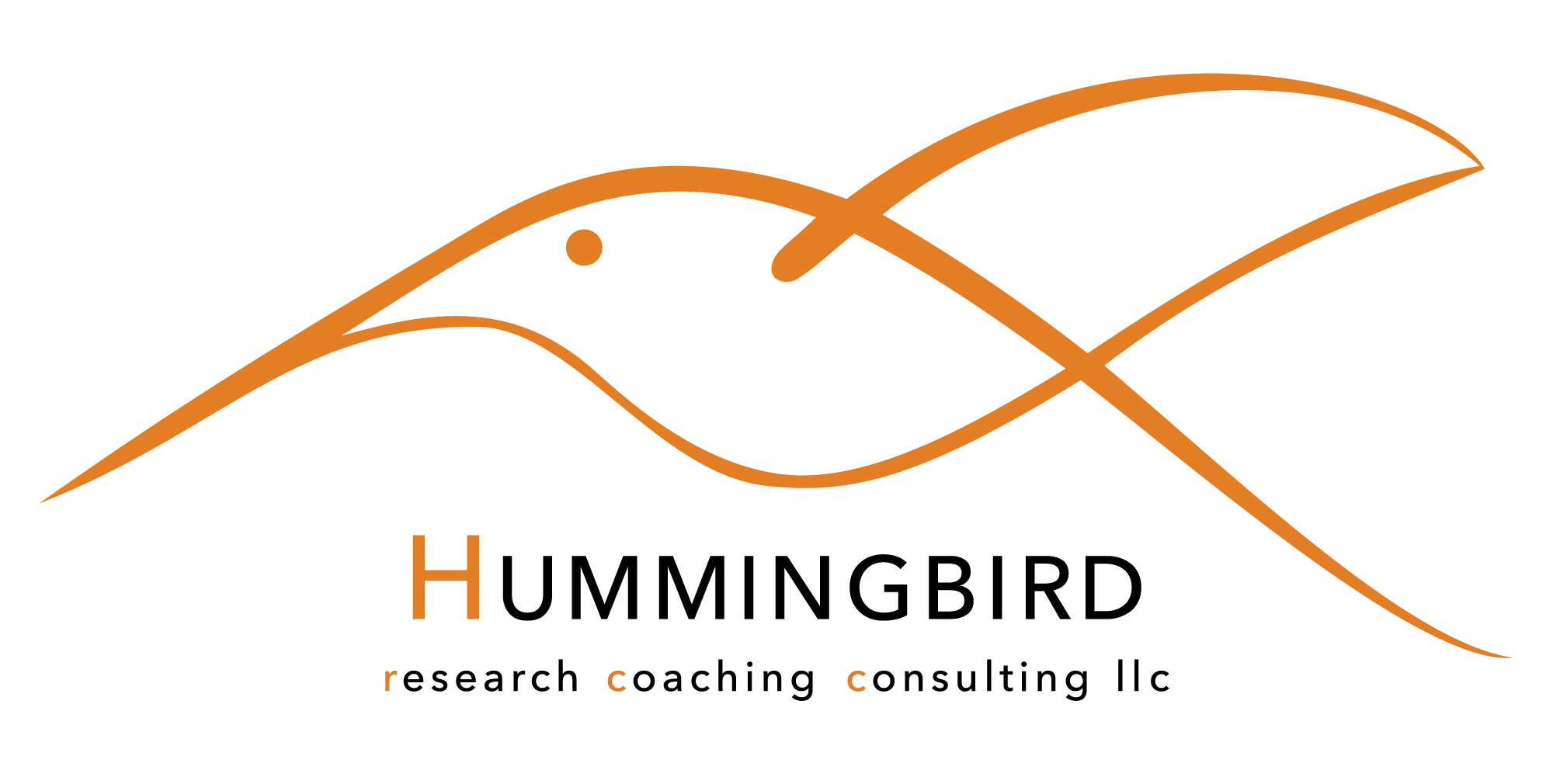Have you ever felt stuck or out of control of your own destiny? That others are dictating what you are doing or where you are going? We are often susceptible to what we think others need, want, or expect of us that we often forget that we are in the driver’s seat. As a result, we let others make decisions for us.
Or perhaps, we don’t give ourselves the time and space to consider what we want, and we let our busy schedules dictate our lives. As we run around doing this and that, we can easily fool ourselves into thinking we are acting when in fact, we are just acting on automatic.
The end result is the same: letting others decide for us. So how can we take back control of our lives?
1. Get out of your head.
In the West especially, we tend to analyze and overanalyze, talk and overtalk. We wonder and question: what do I want? What do you want? While analysis and reflection are critically important to any growth process, they can also becomes crutches if we rely too heavily on the intellectualization of things. We can become mired in self-doubt as we keep questioning in our heads rather than stepping outside of it, looking at the issue from another person’s perspective or even, from a meta-level, global perspective. Getting out of our way is the first step in taking back control.
2. Surround yourself with real friends.
When we feel out of step with our lives, we tend to isolate ourselves, not just in our heads, but from other people. As a result, we can easily allow ourselves to get stuck with indecision. Surrounding yourself with true friends can help you get out of your head and see things from a broader perspective. These folks will make you accountable for your decisions, but not decide for you.
3. Get healthy.
Sleep. Exercise. Eat better. Feeling more physically healthy is an important step in taking control. As Amy Cuddy says, our physical beings have a deep impact into our emotional and mental health. When we know our bodies are in solid condition, we naturally feel stronger and more confident. As a result, we are more ready to take on other challenges including our own.
4. Let go.
One of the major impediments for self-control and decision-making is being stuck to a certain image or notion of what “perfection” or “success” should look like. Society often tells us that there is an ideal of achievement, and we tend to think of ourselves as conforming or rebelling to that idea. But the truth is, there is no “society” telling us to do one or another. When we say we are following or rebelling against society, that excuse is a flawed creation as a way to rationalize why we may choose (or not choose) to do something. Let go of those excuses and just be present. “Society” is not looking.
5. Be judicious about seeking advice.
We spend a lot of time buying self-help books (and reading self-help blogs). This psychologist says to do this, that other one has opposing views. Find your passion and the rest will follow or find what your good at and the passion will follow? At some point, it is ultimately up to us to act. Taking control of our own lives requires stepping in and taking the risk to do. Relying too much on multiple points of view from people who don’t know you can end up causing more confusion than helpfulness. Working with a life or executive coach, spiritual advisor, or other who is intimately knowledgeable about your situation is a great way to ensure that you continue on your own path. He or she can help you identify what your motivations are rather than go through the automated “Click-Whirr” response that Robert Cialdini speaks about.
Tony Robbins gave a (lively) talk about the six human needs that drive what we do: certainty, uncertainty, significance, connection/love, growth, contribution beyond ourselves. He notes that it is our decisions that shape our destiny, and it’s a 3-step process to help us determine our actions: 1) decide what you’re going to focus on and give it meaning; 2) understand the emotion that the meaning arouses – is it an end or a beginning? A reward or punishment or chance? 3) create the action according to the emotion. As he notes, “you can know something intellectually, but decision is the ultimate power.” So stop overthinking, let go, and take back the keys.



Comments are closed